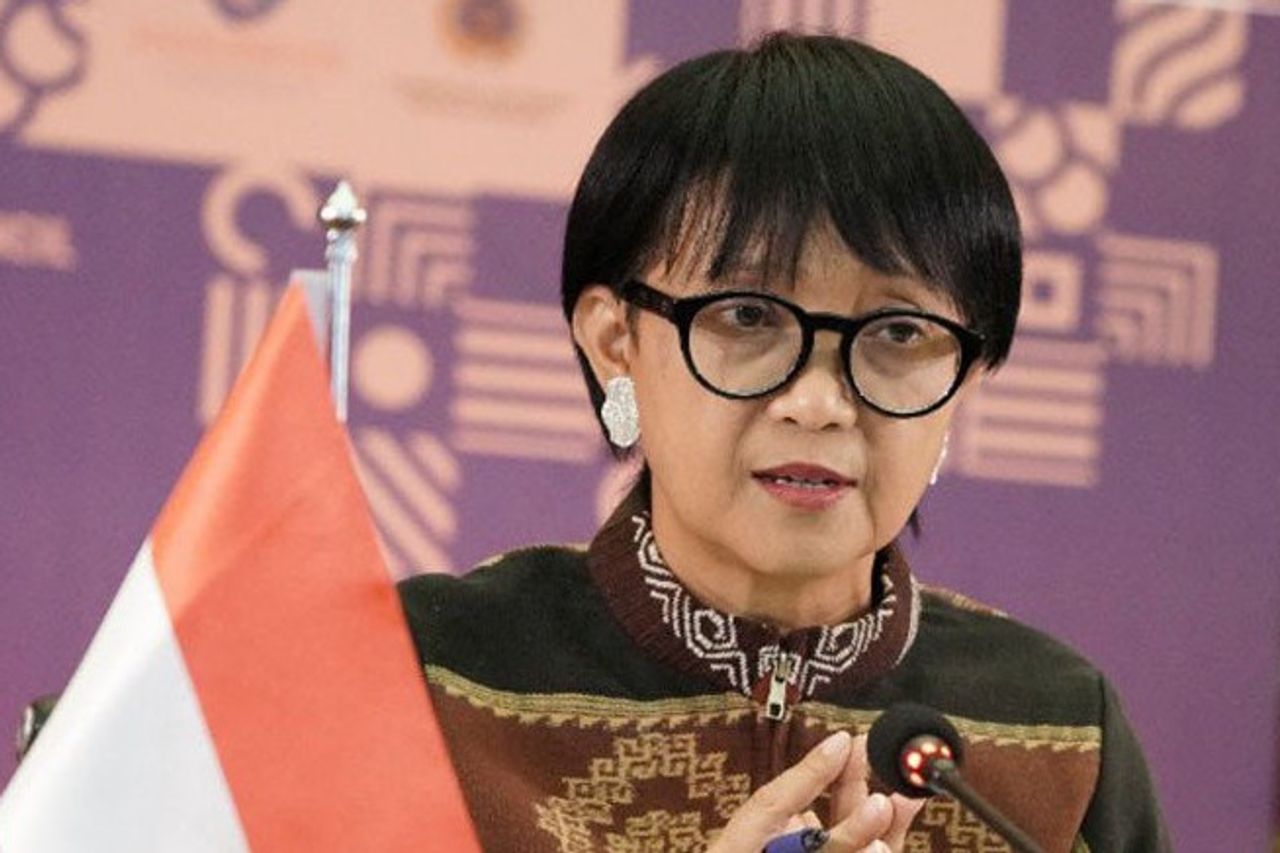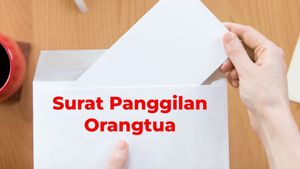Indonesia Abstained From US Proposal To Extend Iran's Arms Embargo

JAKARTA - Indonesia chose to abstain or not to determine its position in voting against the UN Security Council (DK) resolution proposed by the United States (US) for an extension of the arms embargo on Iran.
The draft resolution was supported by the US and the Dominican Republic, rejected by Russia and China. Meanwhile, 11 other members of the DK, including Indonesia, stated their abstention.
According to the Director of International Security and Disarmament at the Ministry of Foreign Affairs of the Republic of Indonesia Grata Endah Werdaningtyas, Indonesia took the position of abstention because it considered the draft resolution proposed by the US to be inconsistent with the Joint Comprehensive Plan of Action (JCPOA) or known as the Iran nuclear deal.
According to Indonesia, this design will not be effective in overcoming non-proliferation problems and issues of security stability in the Gulf Region.
"For Indonesia, the implementation of UN Security Council Resolution 2231 and the JCPOA as a whole is the only effective way to ensure Iran's nuclear program is only for peaceful purposes," Grata said when quoted from Antara, Saturday, August 15.
Therefore, Indonesia asks Iran and all other parties to the JCPOA to carry out their commitments fully and effectively. Indonesia also regrets the US move to exit the agreement.
"Indonesia encourages the state parties to the JCPOA to resolve the issue of implementation compliance through the mechanisms that have been regulated in the agreement, in this case through the Dispute Resolution Mechanism (DRM)," said Grata.
As President of the UN Security Council for August 2020, Indonesia will facilitate various proposed draft resolutions submitted by the UN Security Council countries, by conducting consultations and coordination with all Security Council member countries and other related parties.
After the proposed resolution was rejected by a majority of the Security Council members, the US could follow up on its move to reinstate all UN sanctions against Iran using the terms of the nuclear deal, known as a snapback, even though President Donald Trump left the agreement in 2018.
Diplomats said the United States could make that move as early as next week, but would face formidable opposition. Meanwhile, Iran's UN Ambassador Majid Takht Ravanchi warned the US not to trigger the reintroduction of UN sanctions against Tehran.


